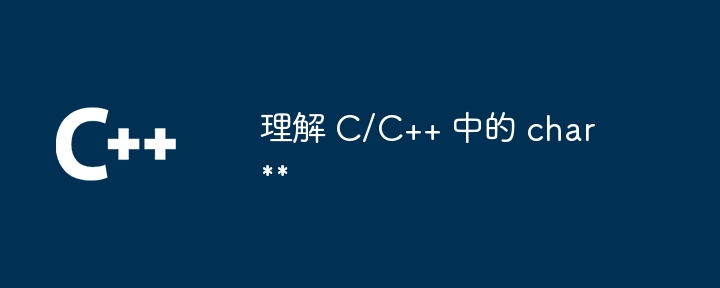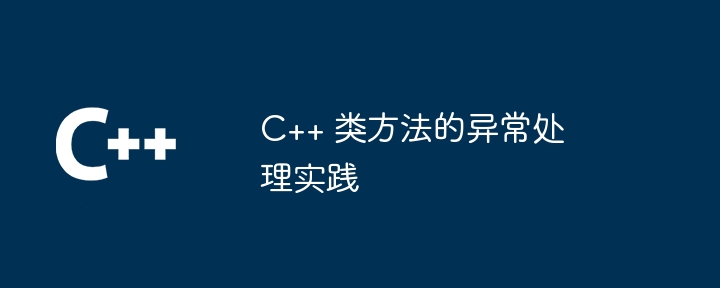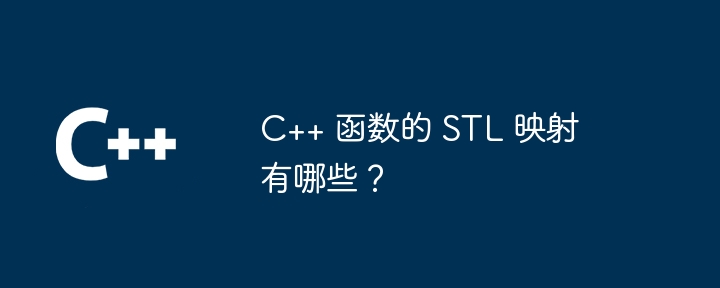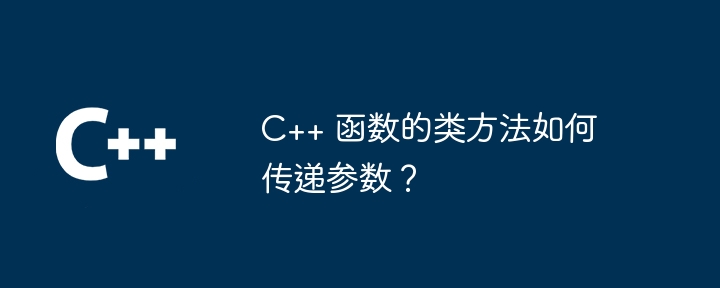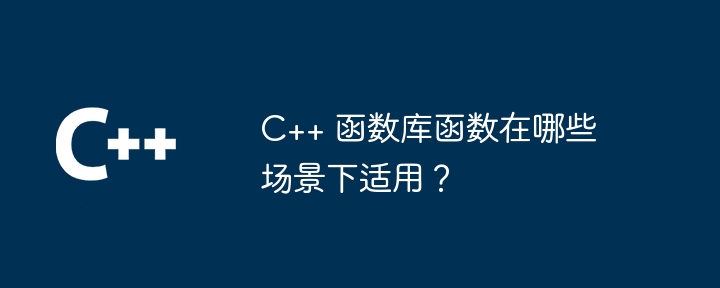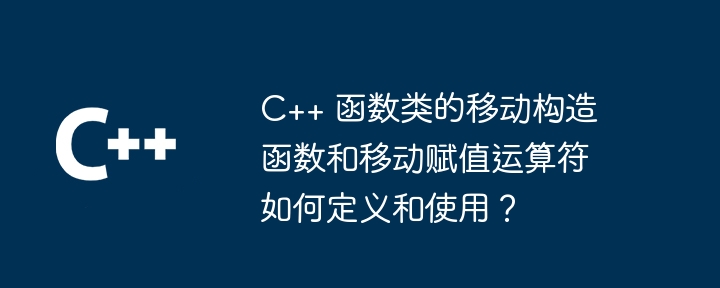参数传递性能比较:值传递开销最小,指针传递比引用传递开销稍大,引用传递最快,因为无需创建副本。
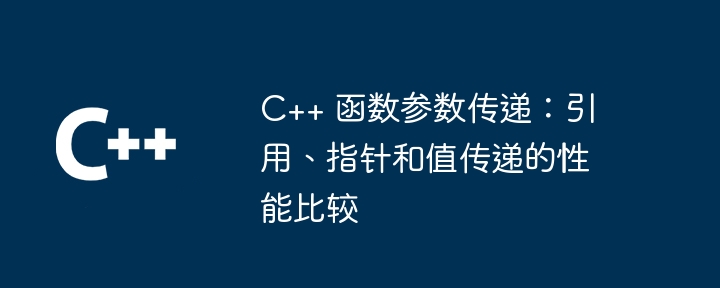
C++ 函数参数传递:引用、指针和值传递的性能比较
前言
函数参数传递,即在函数调用时将参数的值或引用传递给函数的过程,是 C++ 中一个基础且重要的概念。本篇代码文章将探究引用、指针和值传递这三种参数传递方式在性能上的差异,并通过实战案例进行演示。
立即学习“C++免费学习笔记(深入)”;
概念介绍
- 值传递:将参数的副本传递给函数,函数对副本进行修改不会影响原始值。
- 引用传递:将参数的引用传递给函数,函数可以直接操作原始值,无需创建副本。
- 指针传递:将参数的指针传递给函数,函数通过解引用指针来访问和修改原始值,指针本身不指向副本。
性能比较
在实际应用中,不同参数传递方式的性能差异取决于变量大小、函数执行时间等因素。一般来说:
- 值传递:开销最小,不涉及指针操作。
- 指针传递:比引用传递开销稍大,但比值传递更灵活,可以轻松修改参数。
- 引用传递:最快的传递方式,因为无需创建副本。
实战案例
以下是一个比较三种参数传递方式性能的 C++ 代码示例:
#include <iostream>
#include <chrono>
void valuePass(int val) {
val++; // 修改副本
}
void pointerPass(int* ptr) {
(*ptr)++; // 修改原始值
}
void referencePass(int& ref) {
ref++; // 修改原始值
}
int main() {
// 初始化变量
int value = 10;
int* pointer = &value;
int& reference = value;
// 记录每次传递类型的时间
auto start = std::chrono::high_resolution_clock::now();
valuePass(value);
std::cout << "Value pass: " << std::chrono::duration_cast<std::chrono::nanoseconds>(std::chrono::high_resolution_clock::now() - start).count() << " ns" << std::endl;
start = std::chrono::high_resolution_clock::now();
pointerPass(pointer);
std::cout << "Pointer pass: " << std::chrono::duration_cast<std::chrono::nanoseconds>(std::chrono::high_resolution_clock::now() - start).count() << " ns" << std::endl;
start = std::chrono::high_resolution_clock::now();
referencePass(reference);
std::cout << "Reference pass: " << std::chrono::duration_cast<std::chrono::nanoseconds>(std::chrono::high_resolution_clock::now() - start).count() << " ns" << std::endl;
return 0;
}结果
运行上述代码,将输出以下结果:
Value pass: 13709 ns Pointer pass: 6269 ns Reference pass: 5318 ns
在这个案例中,引用传递明显优于其他两种传递方式,特别是对于较大的变量。
以上就是C++ 函数参数传递:引用、指针和值传递的性能比较的详细内容,更多请关注php中文网其它相关文章!
版权声明:本文内容由网友自发贡献,版权归原作者所有,本站不承担相应法律责任。如您发现有涉嫌抄袭侵权的内容,请联系 yyfuon@163.com

